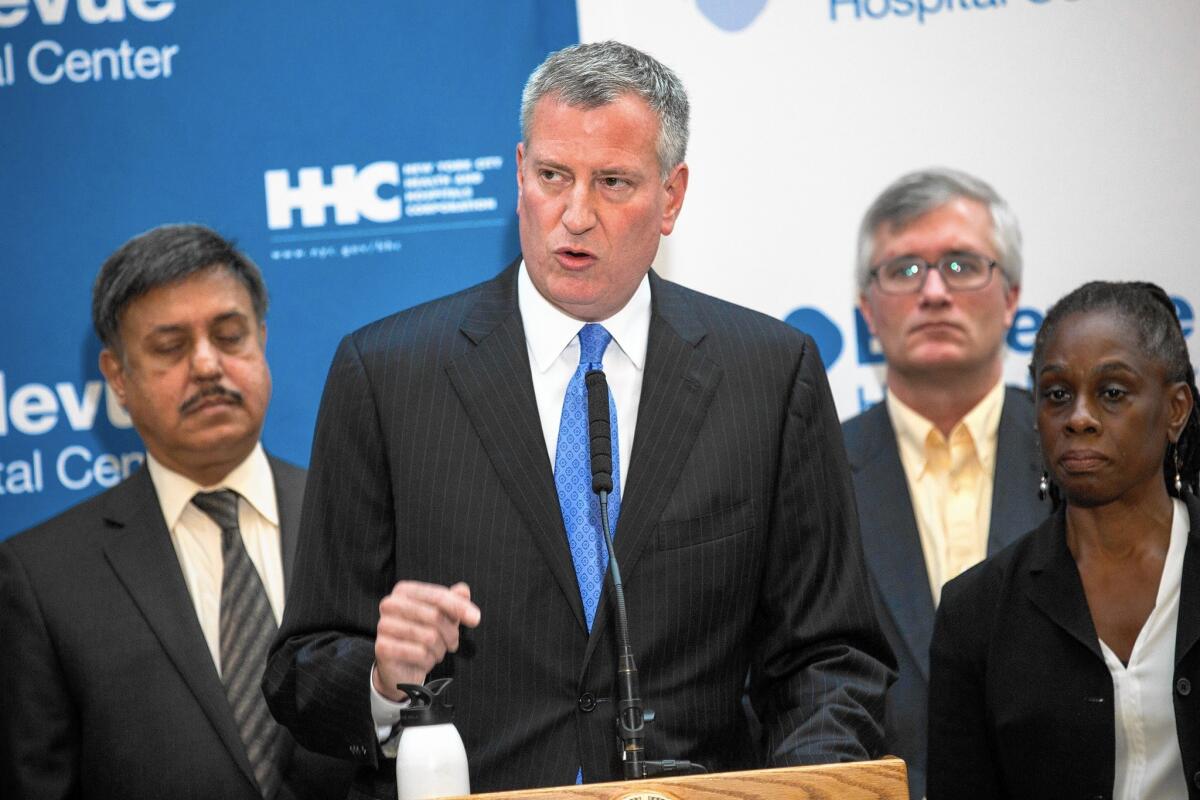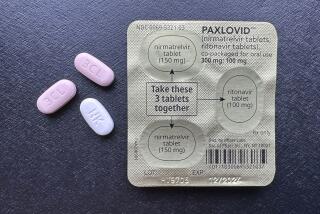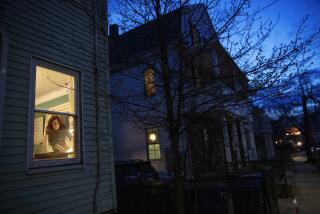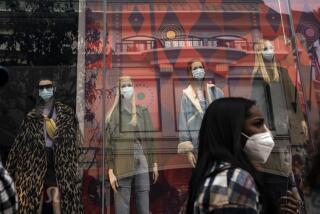Readers React: Quarantines keep us a step ahead of Ebola

To the editor: New York and New Jersey are being pressured by the Obama administration to rescind 21-day quarantine measures for healthcare workers returning from West Africa who had contact with Ebola patients. Quarantines may prevent the transmission of Ebola in the United States, but they also might prevent healthcare workers from volunteering to treat Ebola patients abroad, further increasing the time to stop the epidemic globally. (“Quarantining health workers could worsen Ebola epidemic, officials say,” Oct. 26)
With my own experience being quarantined in Southeast Asia during the SARS epidemic, I know it is uncomfortable. It imposes social, emotional and financial burdens on healthcare workers.
That said, the costs for contact tracing of possible Ebola transmission such as in the case of Dr. Craig Spencer may also be significant. Experts say he was non-symptomatic when he was moving throughout New York, but is that safe enough?
We must prevent the spread of Ebola while compensating healthcare workers for their time volunteering abroad and any wages lost during quarantine. These volunteers are true heroes. Our recent mistakes in preventing domestic Ebola infection show we must remain one step ahead of the epidemic.
Quarantine is one method to stay ahead.
Brandon Brown, Irvine
The writer is an assistant professor of public health at UC Irvine.
..
To the editor: The overreaction and irrationality regarding Ebola is dangerous.
We are repeatedly told that Ebola requires direct contact with the bodily fluids of a symptomatic person and that it only survives for a few hours on surfaces. Yet patients’ apartments are decontaminated by hazmat teams destroying everything, including computers with irreplaceable photos, and some states now force returning healthcare volunteers into mandatory quarantine.
These people have demonstrated great courage and selflessness; they should not be further penalized. If they get sick, their apartments can be sealed for a period of time sufficient that no virus can remain. Their belongings should not be destroyed.
Randall Gellens, San Diego
..
To the editor: Given the special risk of Ebola posed to and by aid workers, prudence dictates that they be provided with special transport and that they be quarantined for 21 days before entering this country. Merely looking for symptoms that an infected worker may not yet evidence is not adequate.
Harvey Grossman, Los Angeles
Follow the Opinion section on Twitter @latimesopinion
More to Read
A cure for the common opinion
Get thought-provoking perspectives with our weekly newsletter.
You may occasionally receive promotional content from the Los Angeles Times.










